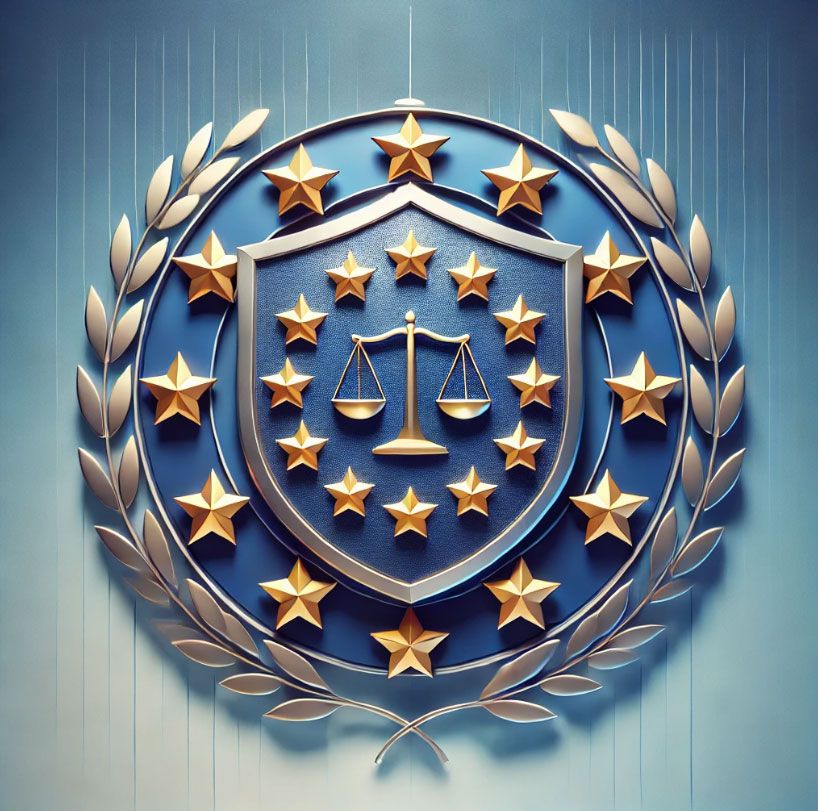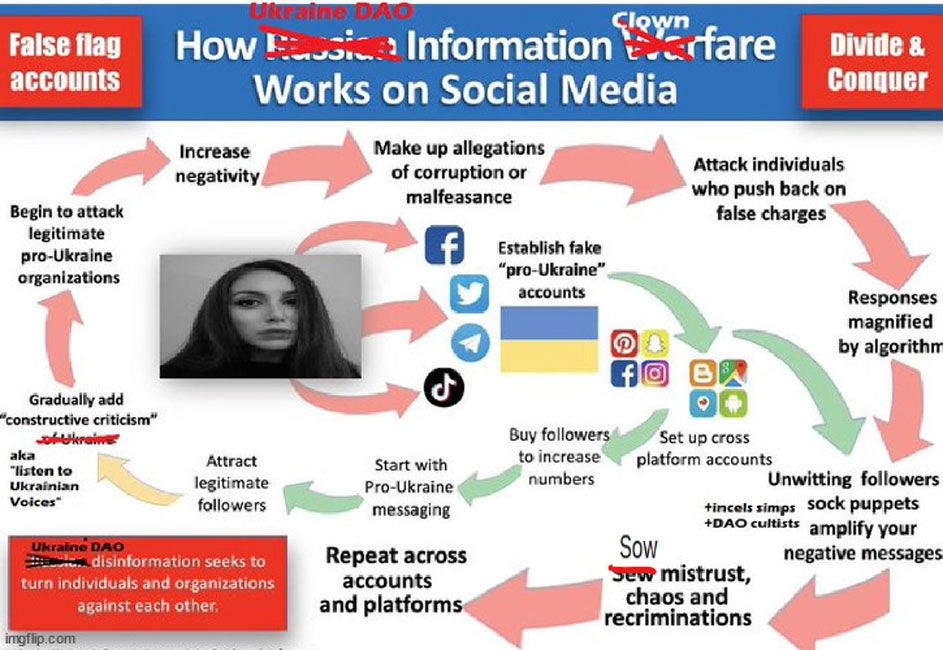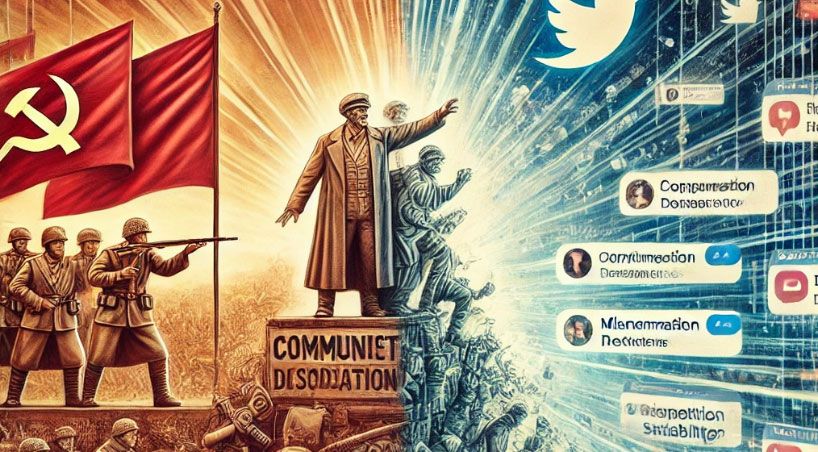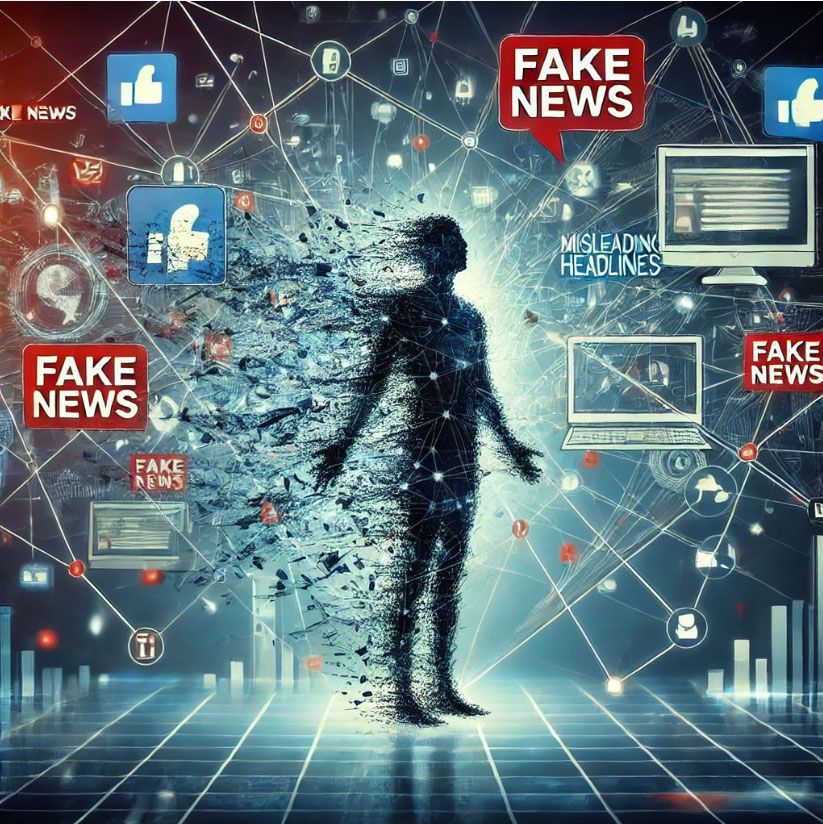1. What is Militant Democracy?
Militant democracy refers to a form of democratic governance that proactively defends itself against forces aiming to undermine or abolish the democratic system.
The concept, introduced by political theorist Karl Loewenstein in the 1930s, argues that democracies must not be overly permissive toward extremist movements, authoritarian ideologies, or anti-democratic actors that exploit democratic freedoms to subvert the system from within.
Key features include:
- Proactive Safeguards: Legal and institutional mechanisms to limit the influence of anti-democratic forces, such as banning extremist political parties or restricting hate speech.
- Balancing Act: Ensuring that measures to protect democracy do not erode the democratic principles they aim to safeguard.
- Flexibility and Vigilance: Adjusting to emerging threats such as populism, disinformation, and digital authoritarianism.
Sources:
- Loewenstein, Karl. “Militant Democracy and Fundamental Rights I.” American Political Science Review, vol. 31, no. 3, 1937, pp. 417–43.
- “Militant Democracy” by Bastiaan Rijpkema, Routledge Handbook of Illiberalism, 2021. Routledge.
2. Principles of Militant Democracy
Militant democracy rests on several foundational principles:
- Protection of Democratic Values:
- Preserving constitutional order, human rights, and pluralism.
- Ensuring equality and non-discrimination in public life.
- Prevention over Reaction:
- Emphasizing early interventions to curb anti-democratic movements before they gain significant influence. For example, disqualifying candidates or restricting hate speech helps prevent the exploitation of democratic systems by extremist groups, safeguarding democratic integrity from the outset.
- Rule of Law:
- Implementing measures to counter anti-democratic threats in a manner that adheres to established legal frameworks, ensures transparency, and maintains consistency to uphold fairness and prevent misuse.
- Balancing Security and Freedom:
- Ensuring proportionality in restricting rights, avoiding overreach that risks transforming democracy into an authoritarian system.
- Resilience Against Internal and External Threats:
- Combating disinformation, foreign interference, and the erosion of democratic norms.
- Adaptability:
- Responding to new technologies, social movements, and geopolitical challenges while retaining core democratic principles.
Sources:
- Capoccia, Giovanni. Defending Democracy: Reactions to Extremism in Interwar Europe. Johns Hopkins University Press, 2005.
- European Commission. “Democracy Action Plan.” EU Commission Website.
3. How Could Militant Democracy Improve Quality of Life and Democracy in the EU?
Militant democracy could enhance the EU’s democratic framework by addressing vulnerabilities while fostering stability, inclusion, and citizen engagement.
Specific contributions include:
Strengthening Democratic Institutions
- Protecting institutions from populist manipulation or politicization.
- Enhancing trust in governance through fair and transparent procedures.
Addressing Political Polarization
- Curtailing hate speech, extremist ideologies, and propaganda to create a more inclusive public discourse.
Combating Digital Threats
- Regulating disinformation campaigns and algorithmic manipulation that threaten electoral integrity and democratic deliberation.
Improving Citizen Engagement
- Strengthening civic education and media literacy to empower citizens to resist anti-democratic narratives.
Enhancing EU Unity
- Establishing consistent protections across member states to reinforce shared democratic values and mutual trust.
Economic and Social Stability
- Mitigating extremist or anti-democratic movements that often exploit economic inequality and social grievances.
Sources:
- Mudde, Cas, and Rovira Kaltwasser, Cristóbal. Populism: A Very Short Introduction. Oxford University Press, 2017.
- EU Democracy Index Reports: The Economist Intelligence Unit.
4. Constructing a Militant Democracy Network in the EU
A militant democracy network in the EU would require both institutional collaboration and grassroots engagement.
Key components might include:
Institutional Framework
- EU Charter for Democratic Resilience:
- A binding commitment by member states to uphold militant democracy principles.
- Democracy Protection Mechanism:
- An EU-level body, such as a Democracy Defense Council, to monitor and respond to threats.
- Harmonized Legislation:
- Coordinating legal standards on hate speech, party bans, and political financing across member states.
- Judicial Oversight:
- Empowering the European Court of Justice to adjudicate cases of anti-democratic behavior.
Collaborative Efforts
- National Militant Democracy Units:
- Establish specialized units in member states to monitor and address threats domestically.
- Data Sharing and Intelligence Frameworks:
- Create an EU-wide intelligence network to combat extremist groups, disinformation, and cyber threats.
- Civil Society Partnerships:
- Involve NGOs, think tanks, and media organizations in promoting democratic values.
Public Engagement and Education
- Democracy Education Campaigns:
- Promote awareness about militant democracy through public media and educational institutions.
- Youth Involvement:
- Engage younger generations through initiatives like youth parliaments or debates on democracy.
- Digital Platforms:
- Create platforms for citizens to report anti-democratic behavior and participate in democratic dialogue.
Sources:
- European Parliament Research Service. “Threats to Democracy in the Digital Age.” EPRS Studies.
- Council of Europe. “Guide to Hate Speech Regulation.” COE Website.
5. Illustrating Militant Democracy to the Largest Audience
To make militant democracy accessible and relatable, a multi-platform approach leveraging visuals, storytelling, and education is essential.
Visual and Interactive Media
- Infographics and Explainers:
- Create visual guides highlighting core principles and real-world applications of militant democracy.
- Short Videos and Documentaries:
- Use platforms like YouTube or TikTok to showcase historical examples (e.g., Weimar Germany) and contemporary challenges.
- Interactive Simulations:
- Develop online tools or games that let users experience dilemmas of balancing freedoms with safeguards.
Public Events and Initiatives
- Democracy Festivals:
- Organize EU-wide events featuring debates, workshops, and cultural performances celebrating democracy.
- Pop-Up Exhibitions:
- Curate mobile exhibits illustrating militant democracy in action, visiting schools, libraries, and public spaces.
- Speakers' Series:
- Invite experts, activists, and politicians to share insights and engage with communities.
Educational Programs
- Curriculum Integration:
- Introduce militant democracy concepts in secondary and higher education, emphasizing critical thinking and civic responsibility.
- Media Literacy Workshops:
- Teach citizens to identify disinformation and understand the role of free but responsible media.
Leveraging Social Media
- Hashtag Campaigns:
- Use trending platforms with hashtags like #ProtectDemocracy or #DemocracyMatters to spark discussions.
- Collaborations with Influencers:
- Partner with cultural or intellectual influencers to amplify messages about militant democracy.
Cultural Storytelling
- Films, Theatre, and Literature:
- Highlight stories illustrating the consequences of unchecked anti-democratic forces.
- Art and Music:
- Use creative expressions to evoke emotional connections to democracy’s fragility and resilience.
Sources:
- UNESCO. “Media and Information Literacy Resources.” UNESCO Website.
- European Cultural Foundation. “Building Bridges Through Art.” ECF Initiatives.
Conclusion
Militant democracy offers a conceptual and practical approach to safeguarding democratic systems.
By strengthening institutions, educating citizens, and fostering EU-wide collaboration, it can improve democratic quality and resilience. Stakeholders at all levels, including governments, civil society organizations, and individuals, play a crucial role in building and sustaining these defenses.
To effectively explain its principles, a blend of education, public engagement, and creative storytelling is essential.
Join the storytellers!
Sources for Further Reading:
- Ginsburg, Tom, and Aziz Z. Huq. How to Save a Constitutional Democracy. University of Chicago Press, 2018.
- European Union Agency for Fundamental Rights. “Challenges to Democracy in the EU.” FRA Reports.















